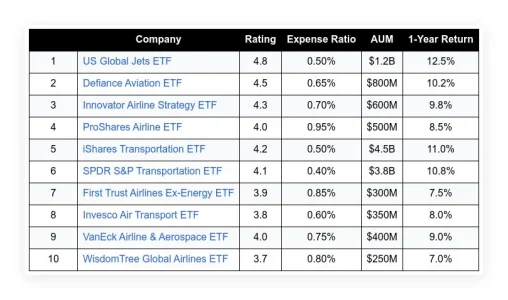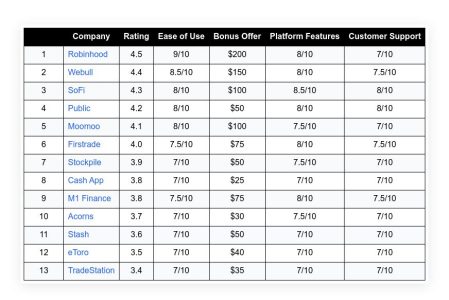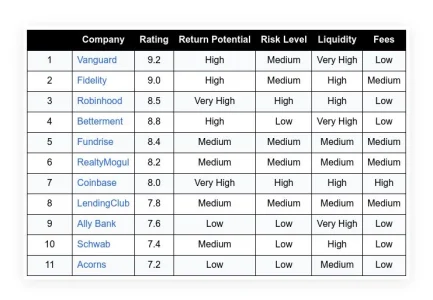One of the best things about entrepreneurship is that you can control how much you earn. You can even boost your income on a regular basis.
However, there is a downside. Entrepreneurship brings many expenses to handle. You may even find yourself managing your own finances which can be a daunting task.
As a result, that makes it much easier to leave money on the table. You may even miss out on savings that could keep more money in your pocket.
Here are four common ways that entrepreneurs are doing this and how to avoid it.
Table of Contents
Toggle1. Not Outsourcing When It’s Necessary
Outsourcing can be a great way to relieve stress. It also helps grow your business. Yet outsourcing often costs money, and some entrepreneurs may not be willing to spend that money.
Shanah Bell, Holistic Health Advisor at AdaptiveNourishment.com, suggests that outsourcing can actually help you generate more income even though you have to spend some money upfront.
“It is important to outsource anything you don’t feel comfortable doing yourself,” Sarah said. “When you outsource correctly, you can focus more on what your actual skill set is and increase income generation.”
2. Avoiding the upsell by psyching yourself out
Upselling is an excellent way to market your products and services and earn more money in your business.
Robin Sayles, of LaunchingYourSuccess.com, shared that many entrepreneurs leave money on the table by avoiding the upsell instead of going after it.
“When I was leading and training sales teams, I noticed that a sales person’s own perceptions and hang ups around money would interfere with their performance,” Robin said. “They would hesitate to ask more questions or fail to offer an upsell because inside they felt like what they were selling was too expensive, and they assumed the client couldn’t afford it.”
Robin suggests these mental money issues stem from imposter syndrome or simply thinking small and that it has nothing to do with the quality of their products or services.
If you find yourself struggling with this internal issue that causes you to leave money on the table, start by making a mental shift. Also, accept that what you offer is valuable and worth the cost. Instead of focusing on what you think your customers can afford, focus on what you know you’re worth.

3. Failing to invest and make your money work for you
I’ll admit, most people probably don’t think about investing during the beginning stages of self-employment. Usually, their primary goal is just to make a profit. Once you get your finances in order though, it’s important to make investing a priority. Entrepreneurs need to grow their net worth just like everyone else.
“I often talk to other freelancers who work hard but ignore the many financial planning opportunities that would get their money to work harder for them,” says Sherill St. Germaine, owner and freelance writer at TheFISide.com.
Sherill went on to explain that many people who qualify to contribute to retirement using a self-employed 401(k) are still using SEP-IRAs.
“HSAs have a triple-tax advantage and are the best deal all around for those who are eligible and use them right,” she added.
If anything, freelancers should open a basic Roth IRA account and regularly contribute to growing their wealth over time.
4. Not Maximizing Compound Growth
All entrepreneurs should be striving for growth, but you can be your own worst enemy if you are scared of taking risks.
“Most entrepreneurs fail to maximize the compound growth of their business because their plan violates mathematical expectancy (probability time pay off) principles,” said Todd Tresidder, Financial Coach at FinancialMentor.com.
“You can carefully control the risk of each new venture while designing each plan for a big scalable win through rapid prototyping or a minimum viable product and then iterating revisions based on customer feedback using fail fast principles.”
Todd added that once you hit a full proven winning formula, you can leverage it up to scale in your business. As you can see, avoiding risk can lead you to risk the opportunity for compound growth. Instead, use this formula to control risk and maximize your earnings.
Summary
If a penny saved is a penny earned, every dollar counts when it comes to making more money as an entrepreneur. Focusing on your primary source of income is always important. Just make sure you’re not leaving extra money on the table doing any of these 4 things.














